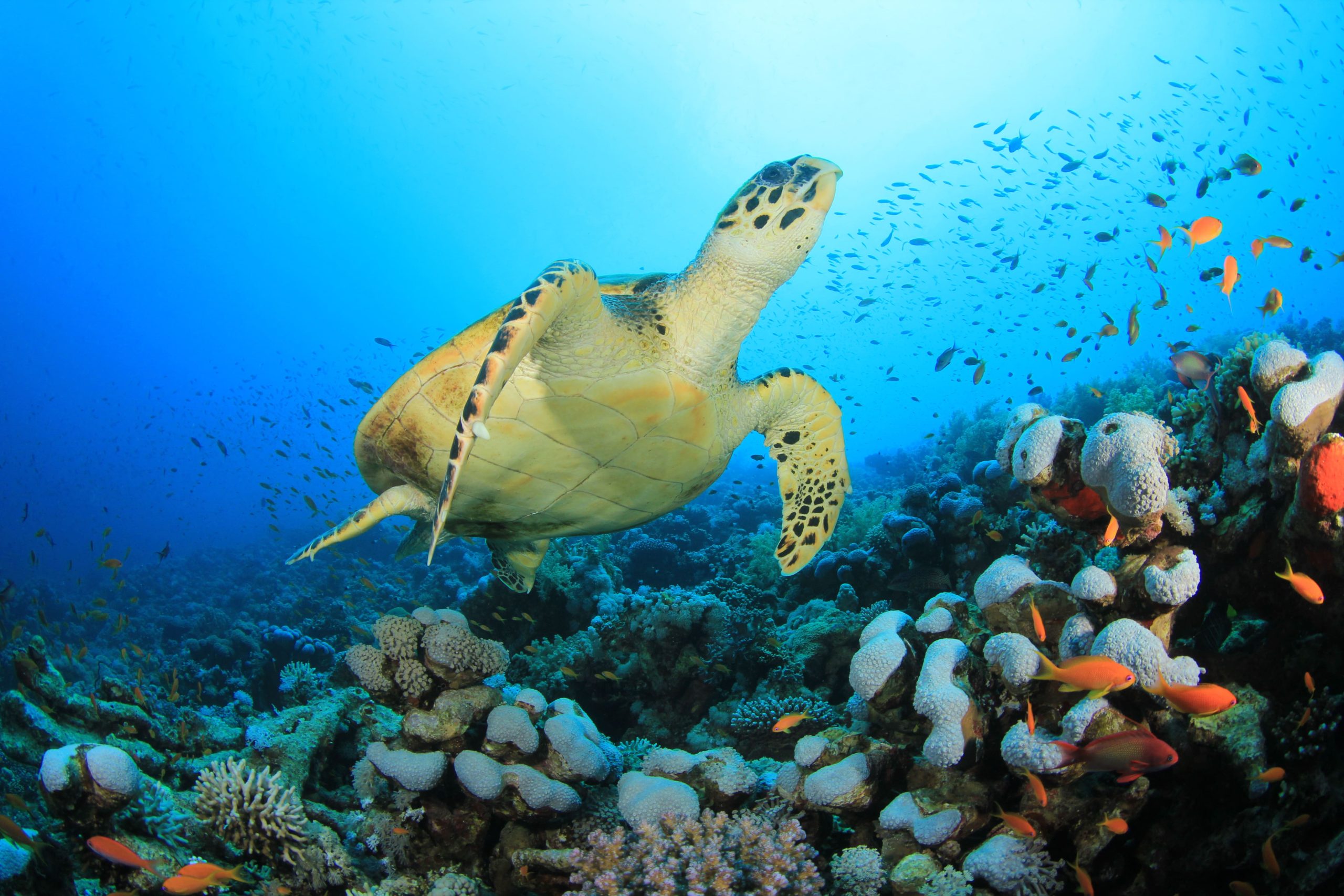
Higher education curriculum
for Ocean Biodiversity Observing and Capacity Development (OBCaD)
The World Maritime University-Sasakawa Global Ocean Institute (WMU), the Marine Biodiversity Observation Network (MBON), and the Atlantic International Research Centre (AIR Centre), have joined forces to generate a higher education curriculum for Ocean Biodiversity Observing and Capacity Development (OBCaD). The primary aim is to develop a curriculum for interoperable ocean biodiversity data, information management, and professional applications, to be integrated into universities and other institutes.
The members of the Working Group are experts from academia, civil society organisations and the private sector, including industry. The outcome should foster greater consistency and interoperability in biodiversity data across various institutions and sectors.
Core Learning Outcomes
The Working Group will develop a comprehensive 10-topic program focused on Marine Biodiversity and Data Management. This curriculum is designed to function both as a standalone, self-paced course and as a resource that can be integrated into live classroom teaching.
Examine the inherent value of marine biodiversity and its role in ecosystem health, human well-being, and as a driver of sustained economic development.
Discuss the role of global ocean observing capacity in the UN’s Agenda for Sustainable Development.
Examine the main principles of biodiversity data management and the typical responsibilities of a data manager.
Evaluate the data challenges in observing, measuring, and managing marine biodiversity.
Discuss the legal and ethical challenges relevant to data acquisition and sharing.
Foster consistency and interoperability in biodiversity data acquisition, harmonization, sharing, and translation.
Identify best practices for data harmonisation and sharing.
Develop the capacity for interoperable biodiversity observing and data management among operational maritime entities
PROFILE OF THE EXPERTS
Professor, College of Marine Science, University of South Florida & co-lead of the MBON
United States
Digital Architect and Senior Data Scientist, Alfred Wegener Institute, Helmholtz Centre for Polar and Marine Research
Germany
Investigadora, National Institute for Fisheries Research and Development, Buenos Aires (INIDEP)
Argentina
Professor, Deputy Director at the Institute of Marine Sciences, Middle East Technical University (METU)
Turkey
Inria (The French national research institute for digital science and technology), Ethics expert European Commission
France
Senior Research Scientist at Columbia University's Lamont-Doherty Earth Observatory
United States
Professor, Department of Ocean Sciences, Tokyo University of Marine Science and Technology
Japan
Data Architect and Digital Leader, CSIRO National Collections and Marine Infrastructure, Co-Chair of the IODE Steering Group for OBIS
Australia
News
FUTURE OCEAN PROGRAMME
DON'T MISS OUT
